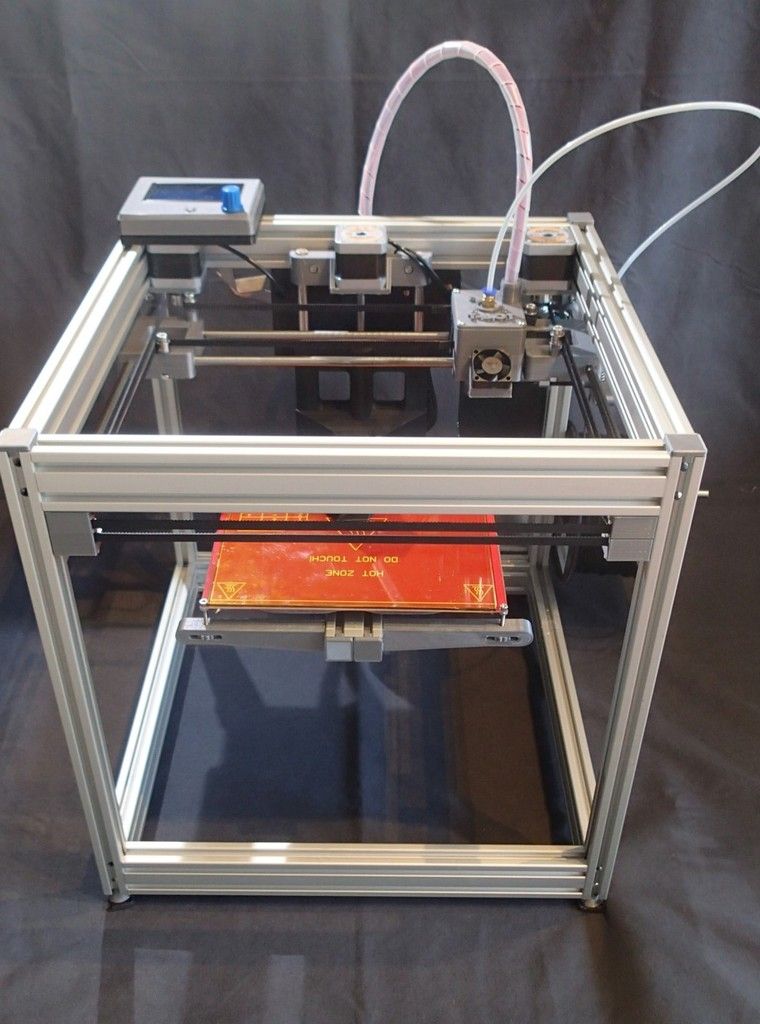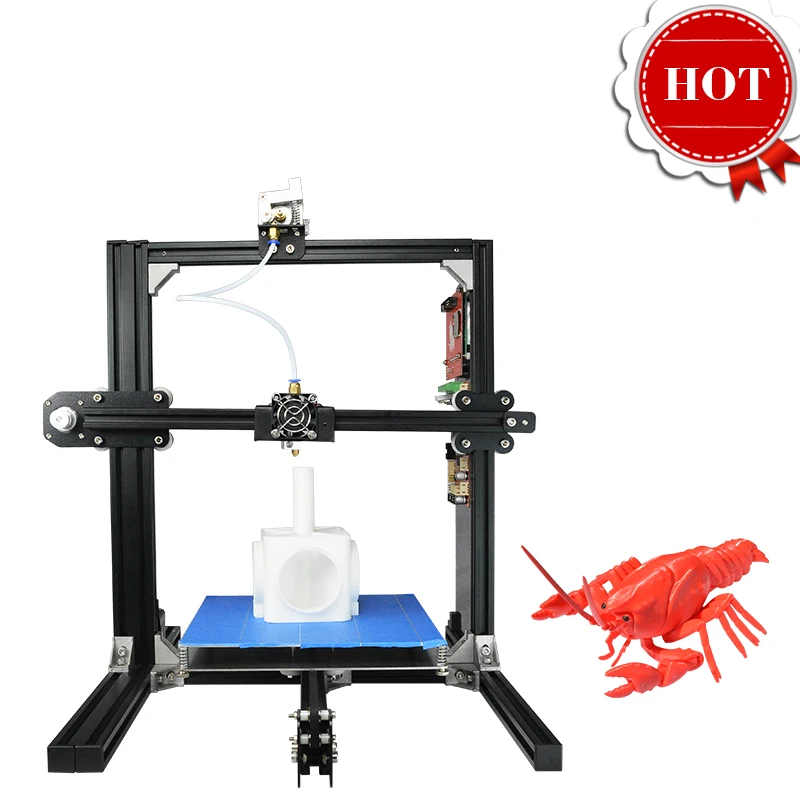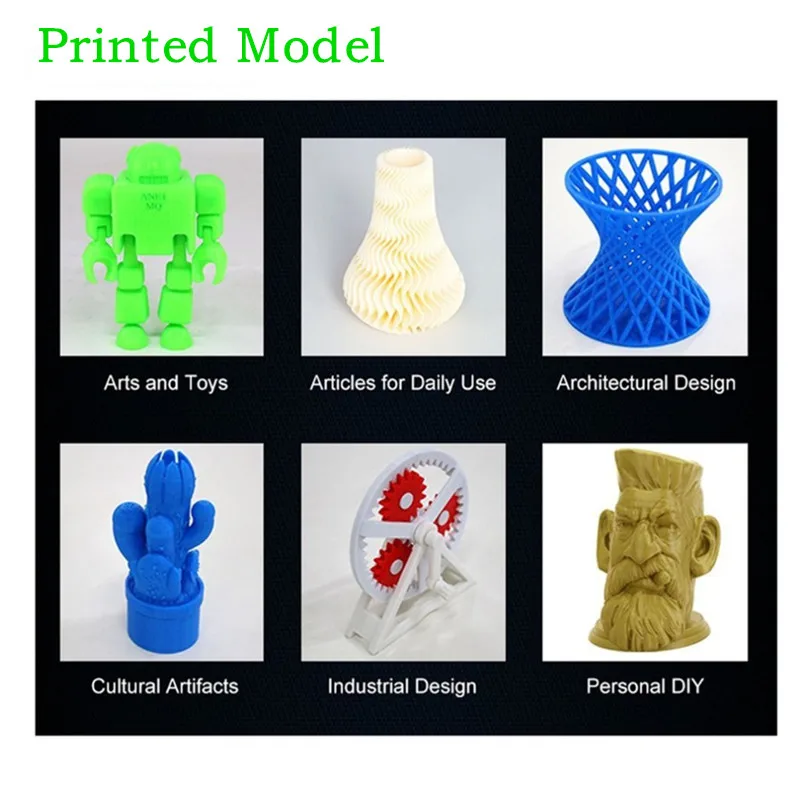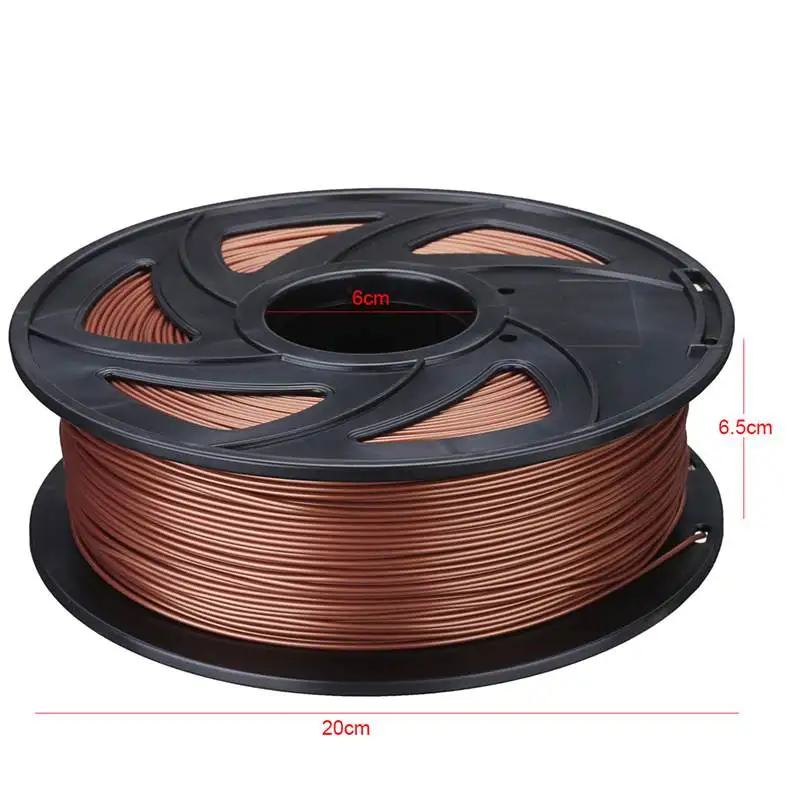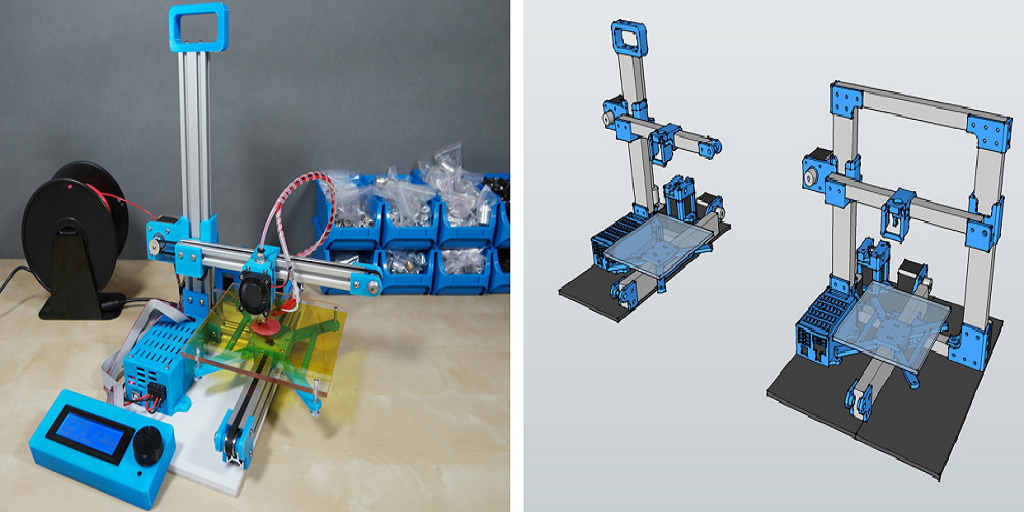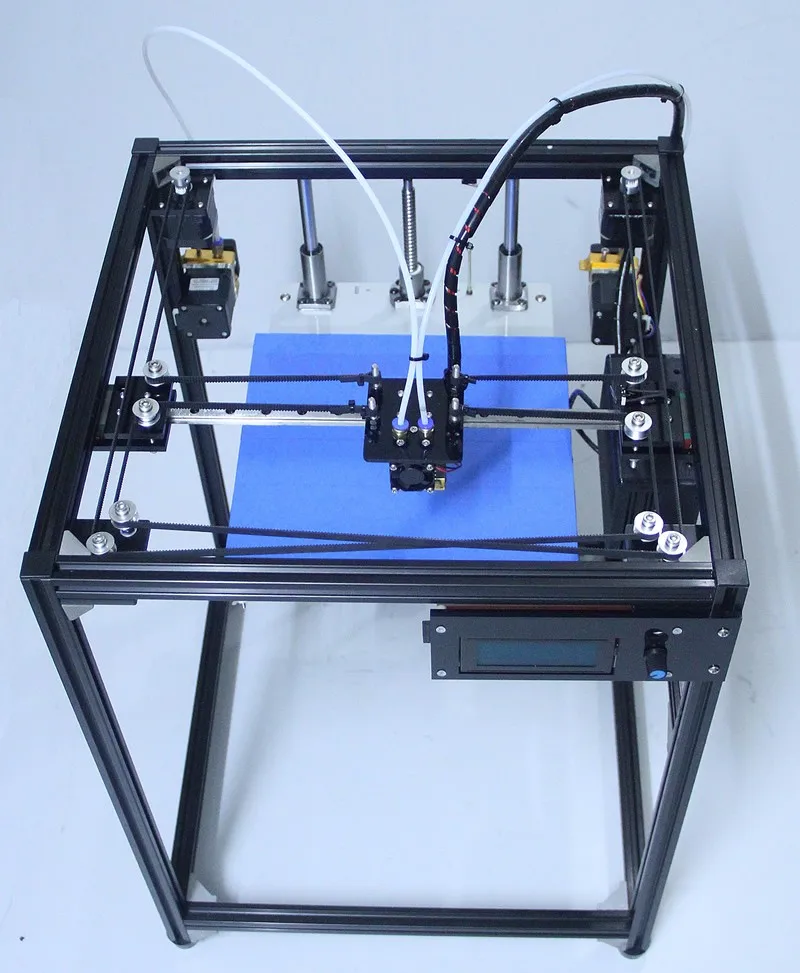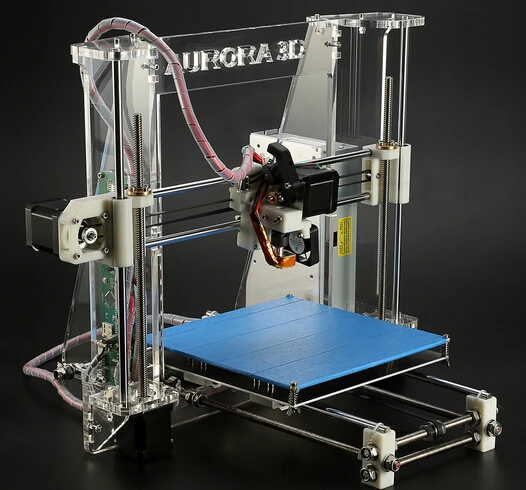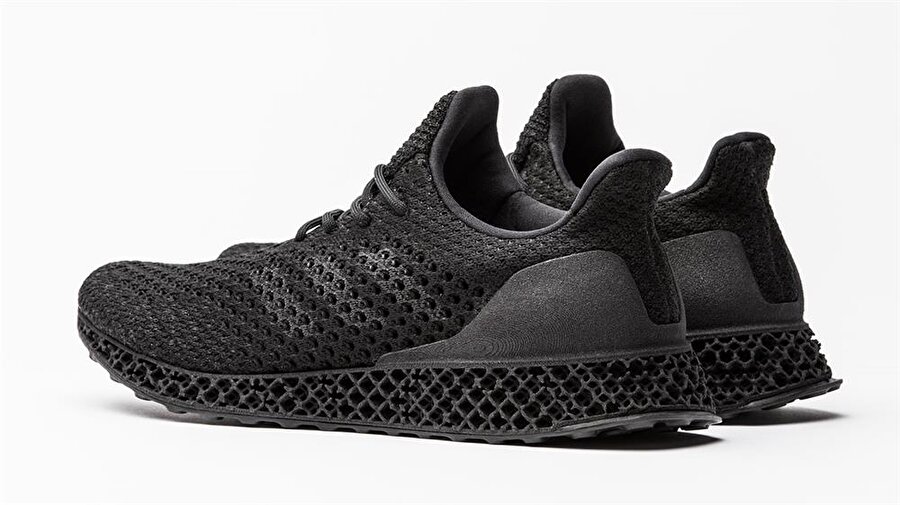Dolomite 3d printer
Dolomite's 3D Printer for Microfluidic COC Prototyping: Demo at MD&M West 2018
Fluidic Factory System Will Run at TOPAS Advanced Polymers' Booth 666
FLORENCE, Ky., February 1, 2018 – Dolomite, a world leader in microfluidics innovation, has unveiled its unique Fluidic Factory, the first commercially available 3D printer for sealed microfluidic devices, which utilizes cyclic olefin copolymer (COC) from TOPAS Advanced Polymers. The 3D fluidic printer will be demonstrated at Medical Design & Manufacturing (MD&M) West 2018 (Booth #666), which runs Feb. 6-8, in Anaheim, Calif.
“We gave careful consideration to a range of materials for our breakthrough 3D fluidics printer and selected TOPAS COC due to the unique properties and benefits it offers over other polymers, making it ideal for microfluidics in biology and medical environments,” said Dr. Omar Jina, Dolomite’s Chief Commercial Officer. “It is the polymer most frequently requested by biologists and has won acceptance in the microfluidics industry. ”
The Fluidic Factory is designed for ultimate ease of use, enabling rapid prototyping of fluidically-sealed devices such as chips, sensor cartridges, fluid manifolds, valves, connectors, and medical devices. The 3D printer is designed for use with TOPAS 8007S-04, a standard injection molding grade for high-performance medical and optical applications. TOPAS COC is recognized as the industry standard in microfluidics and diagnostics because of its clarity, purity, superior chemical resistance, and UV transparency, according to Timothy Kneale, president of TOPAS Advanced Polymers.
The first commercially available 3D printer for fluidically-sealed devices offers rapid, easy, and reliable printing of microfluidic devices at an economical cost, according to Dolomite Microfluidics. The Fluidic Factory features intelligent software and innovative hardware which ensures reliable sealing of fluidic paths, allowing the creation of precise channel geometries and various features not possible using etching, embossing, molding, or machining techniques.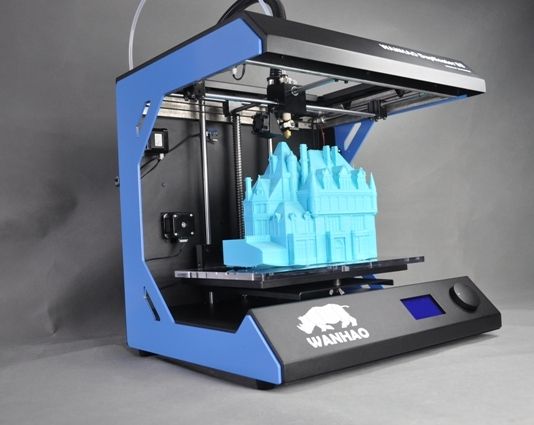
Users can choose a design from the selection in the Fluidic Factory's Design Library, or create and print their own unique device using virtually any CAD software. With this complete design flexibility, the Fluidic Factory is ideal for a wide range of applications, including organ-on-a-chip, point-of-care diagnostics, drug development, education, chemical synthesis, and analytical and biomedical assays.
With the exceptional (92%) clarity and mold detail of TOPAS COC, well counts are maximized, flow channels can be incorporated, and analyses are optimized. Due to its ultra-high purity, TOPAS COC has lower leachables and extractables than competing materials, resulting in the most reliable and repeatable results. The inert nature of the material prevents interference with reactions and analyses. Other important features include the best available UV transparency of any plastic and low autofluorescence.
By utilizing TOPAS 8007S-04, manufacturers can prototype and start small-scale production with the Fluidic Factory, and seamlessly ramp up to commercial-scale injection molding without changing plastic materials. The lightweight unit is compact and quiet and ideal for benchtop or desktop use. The Fluidic Factory will run continuously at MD&M West, producing a variety of microfluidic demonstration parts.
The lightweight unit is compact and quiet and ideal for benchtop or desktop use. The Fluidic Factory will run continuously at MD&M West, producing a variety of microfluidic demonstration parts.
# # #
About Dolomite
Dolomite is the world leader in design and manufacture of microfluidic products. Since its founding in 2005, Dolomite has grown each year and now has many thousands of customers in over 50 countries. Customers include a wide range of major academic institutes, biotech firms, start-ups, pharmaceutical companies, manufacturers, petrochemical companies, government institutes, and virtually any company or organization involved in the sciences. For more information, visit www.dolomite-microfluidics.com.
Press Contact:
Joseph Grande
+1 413.684.2463
joe [at] jgrandecommunications.com
TOPAS Advanced Polymers is the world’s leading maker of COC (cyclic olefin copolymer), a glass-clear and extremely pure plastic for healthcare, optics, packaging, and electronics applications.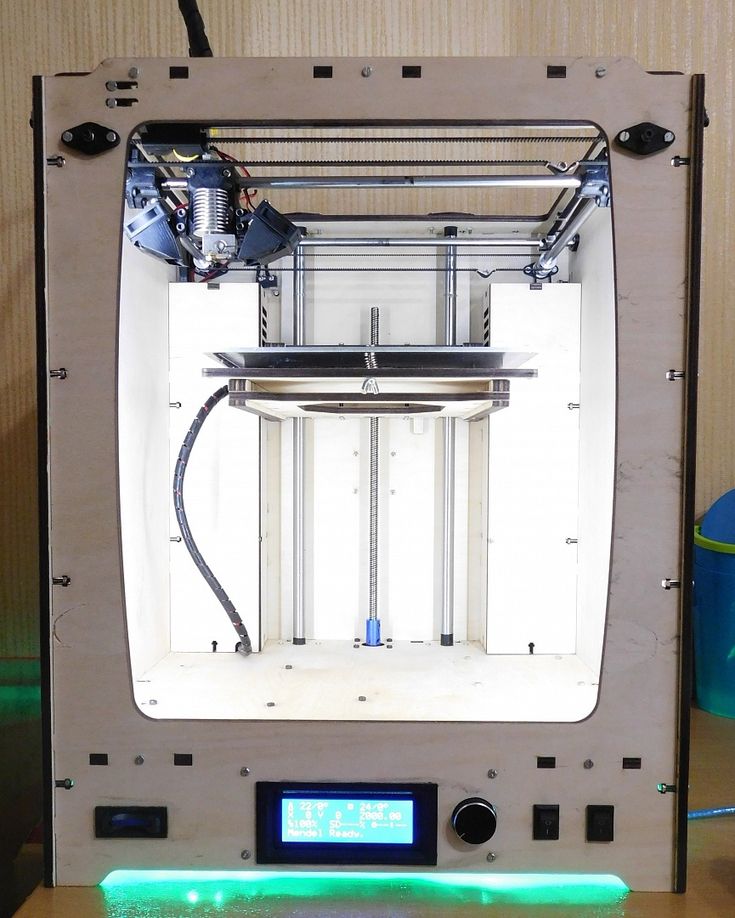 From insulin delivery, to food contact films, to tablet and smartphone components, TOPAS® COC is the high performance material of choice. The broad global regulatory compliance of TOPAS COC can make your next development a simpler task.
From insulin delivery, to food contact films, to tablet and smartphone components, TOPAS® COC is the high performance material of choice. The broad global regulatory compliance of TOPAS COC can make your next development a simpler task.
TOPAS Advanced Polymers is a business of Polyplastics Co., Ltd., a global leader in the development and production of engineering thermoplastic solutions. Along with COC, the company’s broad product portfolio includes POM, PPS, PBT, and LCP plastics. The company has the largest global market share of POM, LCP and COC. With more than 50 years of experience, the company is backed by a strong global network of R&D, production, and sales resources capable of creating advanced solutions for an ever-changing global marketplace.
TOPAS® is a registered trademark of TOPAS Advanced Polymers GmbH in Germany, the United States, and other countries for its family of cyclic olefin copolymer resins.
Dolomite's Fluidic Factory 3D Prints $1 Microfluidic Chips
0Shares
When we write that 3D printing is not just a new technology as much as it is a new way to make things, all things, we mean it and we are fairly certain that we are going to see 3D printing get into a lot more sectors than it has thus far.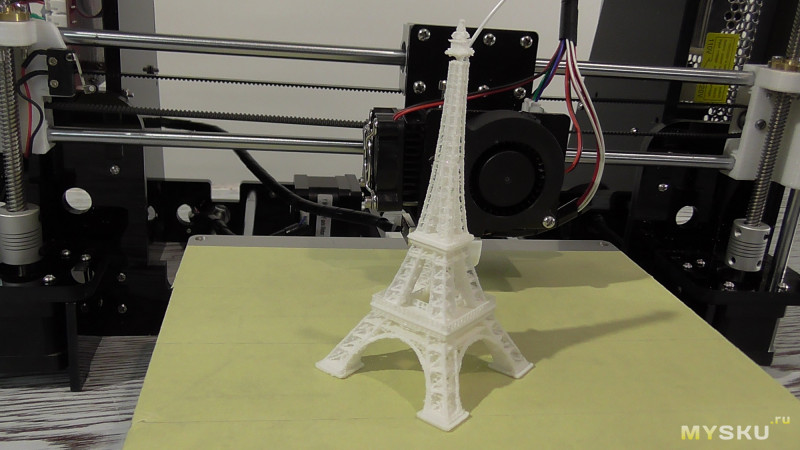 One sector, for example, is that of sealed microfluidic devices, and the machine to 3D print them is Dolomite’s new Fluidic Factory.
One sector, for example, is that of sealed microfluidic devices, and the machine to 3D print them is Dolomite’s new Fluidic Factory.
Wikipedia describes microfluidics as “a multidisciplinary field intersecting engineering, physics, chemistry, biochemistry, nanotechnology, and biotechnology, with practical applications to the design of systems in which low volumes of fluids are processed to achieve multiplexing, automation, and high-throughput screening”. The field emerged in the 80’s (just like 3D printing) and Dolomite has been active within the field since 2005.
In fact, microfluidics seems like the perfect field for 3D printing. The Fluidic Factory is the world’s first commercially available device that enables researchers to design their own microfluidic chips, manifolds, connectors – or select them from the design library – and print them for as little as $1 per chip using FDA-approved, robust and translucent COC (cyclic olefin copolymer). The intelligent printer also ensures that the fluidic paths are completely sealed and features an upgradable print head, bed and software for future functionality as the technology progresses.
Along with the ability to create leak-free flow paths (as the hardware re-melts contact points ensuring sealing) the Fluidic Factory presents several more advantages inherent to 3D printing. These include the flexibility of creating original designs from any CAD software or selecting them from a wide range of devices in the design library. These can also have a greater geometrical freedom than standard microfluidic devices, including three-dimensional mixers, non-rectangular chips, unique channel geometries, and features not possible using etching, embossing, moulding or machining.
All that a fluidic technician or researcher has to do is insert the SD card, select the design, and press “Print” on the touch screen. Real-time status, time remaining, and filament use are displayed on the screen, while the the polymer reel can be replaced quickly and easily.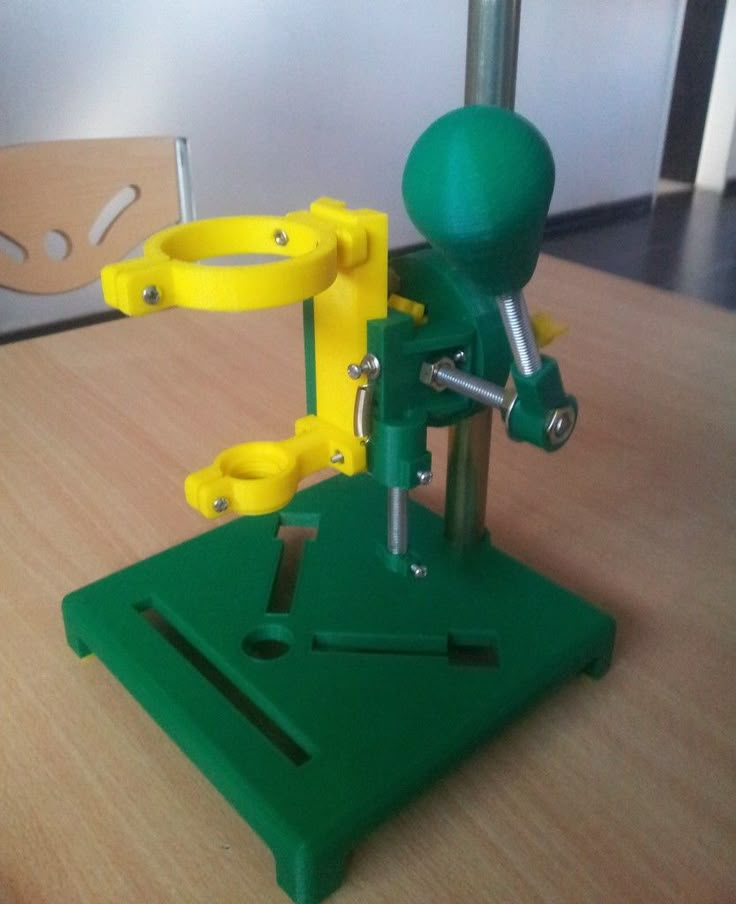 The replaceable print bed trays also allow chips to cool while others are being printed. In other words it seems like a device that has the potential to disrupt the field of microfluidics, lowering costs and increasing the rate of innovation: this is something we will never get tired of repeating.
The replaceable print bed trays also allow chips to cool while others are being printed. In other words it seems like a device that has the potential to disrupt the field of microfluidics, lowering costs and increasing the rate of innovation: this is something we will never get tired of repeating.
Davide Sher
Davide was born in Milan, Italy and moved to New York at age 14, which is where he received his education, all the way to a BA. He moved back to Italy at 26 and began working as an editor for a trade magazine in the videogame industry. As the market shifted toward new business models Davide started working for YouTech, the first iPad native technology magazine in Italy, where he discovered the world of additive manufacturing and became extremely fascinated by its incredible potential. Davide has since started to work as a freelance journalist and collaborate with many of Italy’s main generalist publications such as Corriere della Sera, Panorama, Focus Italy and Wired Italy: many of his articles have revolved around the different applications of 3D printing.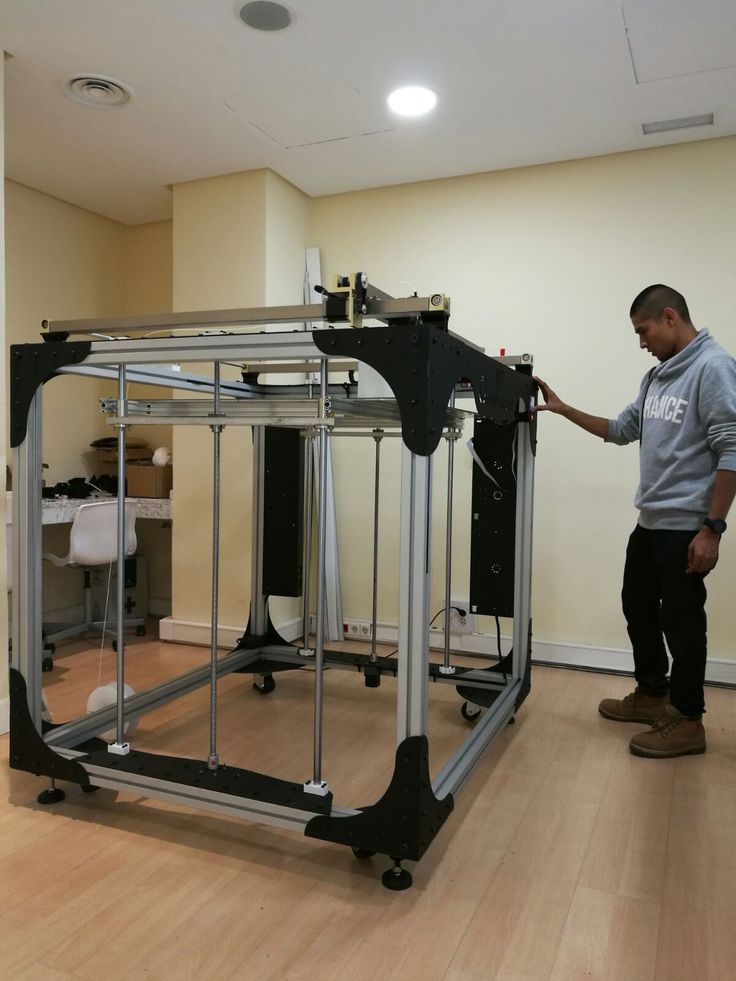
3D printed coral reefs installed in the bay near Monaco / Sudo Null IT News Denis Stolyarov
Smile-Expo company blog 3D printers Ecology
Original author: 3ders
Coral reefs support 25% of all marine life, but global climate change is destroying them. Since 1980, almost half of all coral reefs have died, and this figure is steadily increasing. And two years ago there was one of the largest destruction of reefs in recent times. nine0005
However, all is not lost: in 2015, scientists in the Netherlands created six coral reefs using a 3D printer. Last week they were finally installed in Larvotto Bay in Monaco.
The artificial reefs were made by the Dutch company Boskalis with money from the Prince Albert II Foundation. Structures of 1. 2x2 meters weigh 2.5 tons each, and it took 13 hours to print each. They are composed of sand, dolomite and volcanic ash.
2x2 meters weigh 2.5 tons each, and it took 13 hours to print each. They are composed of sand, dolomite and volcanic ash.
Last week, the Government of Monaco announced the official deployment of Boskalis reefs in Larvotto Bay. Divers from the Monaco Conservation Association set up the artificial reefs with balloons, slowly deflating them to place the objects neatly in their designated spots. nine0005
Scientists are now monitoring how the printed reefs will take root in the wild.
According to Boskalis environmental engineer Astrid Kramer , no one else in the world has implemented such projects. “We are expanding our horizons. The world around us is changing, and I hope that our project will serve not only as a source of valuable knowledge and experience for our followers,” she said.
However, some experts are less optimistic. So, Ruth Gates, a researcher at Harvard University , states: “The artificial coral reef will collapse. The marine environment is very hostile and 3D printed reefs are just as short-lived as real ones.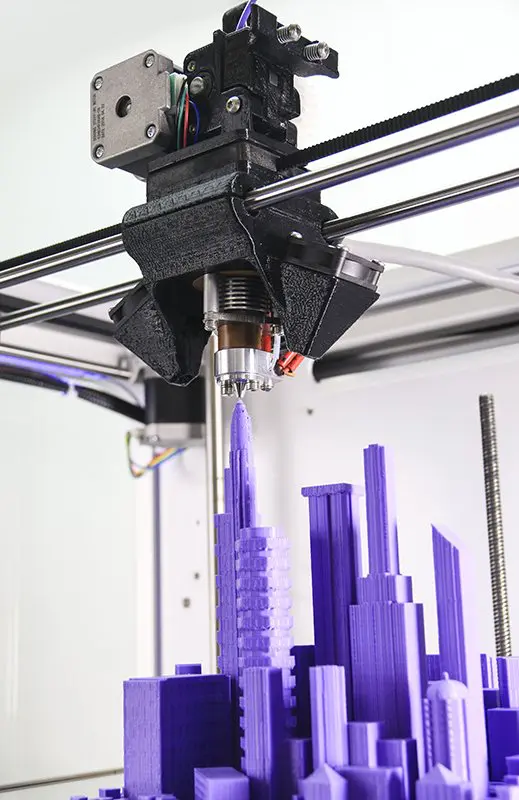 It remains to be seen how marine life will accept artificial reefs, how they will withstand the conditions of the marine ecosystem, how they will behave in extreme conditions, and so on. However, this is a really big step forward.”
It remains to be seen how marine life will accept artificial reefs, how they will withstand the conditions of the marine ecosystem, how they will behave in extreme conditions, and so on. However, this is a really big step forward.”
The success of the project will show time. Cramer noted that monitoring and surveillance of the artificial reefs will continue over the next two years. In addition, Boskalis intends to share the results of the observation with the scientific community. nine0005
Danish scientists from the Ocean Learning Center, led by Fabien Cousteau, are doing similar research. The team is currently awaiting permission to place artificial reefs off the coast of the British Virgin Islands and the Florida Keys.
Tags:
- SMILE-EXPO
- EXPO Smile
- 3D Print
- 3D Print
- Coral Rifa
- 3D print
- 3D
Habs:
- Blog SMILE-Expo
- 3D printers
- Ecology
TALKALLY VOUNCES 14: ↑ 12 and ↓ 2 +10
Views 8.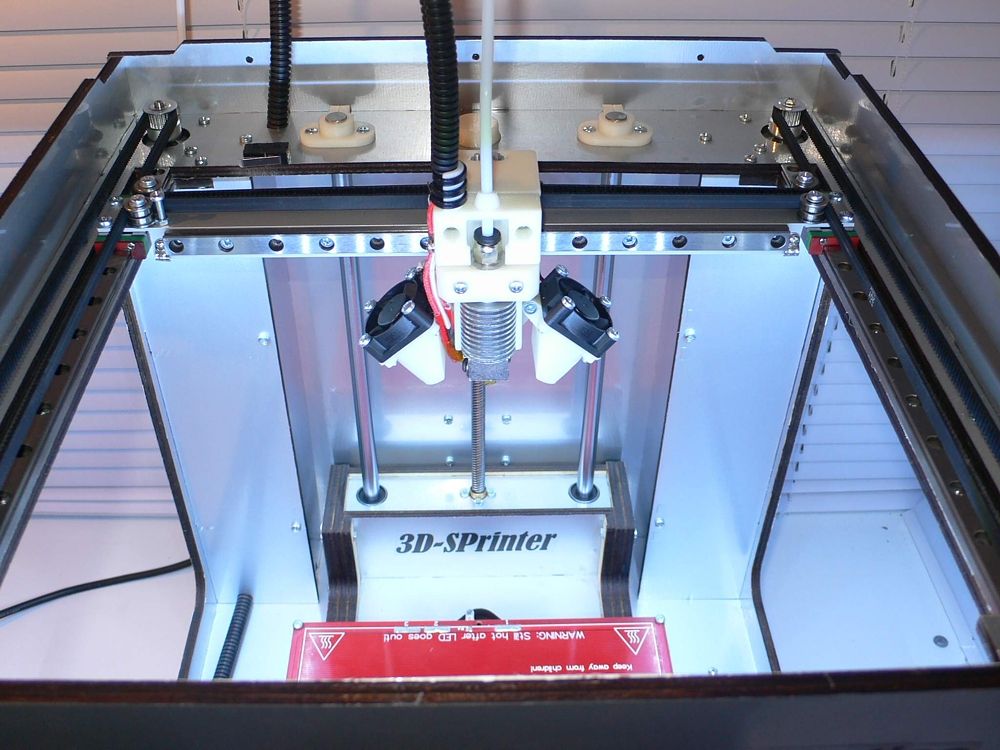 8K
8K
Comments 38
Website
@Denis-Stolyarov
User
Comments Comments 38
Large area 3D printer for industrial applications
3Dtool
Loading
07.10.2022
1439
Reviews
3DTool is with you!
The demand for 3D printers with a large print area has been growing noticeably in the 3D printing services market and in the form of consumer requests for more than one year. With an increase in the number of companies using 3D printing in the modernization of cars, the production of large-format blanks for creating master models, the creation of large-scale layouts and prototypes, the widespread medium-sized 3D printers no longer cope with the tasks assigned to them, and in some cases, where gluing large parts by elements and long post-processing is simply not acceptable, not applicable at all.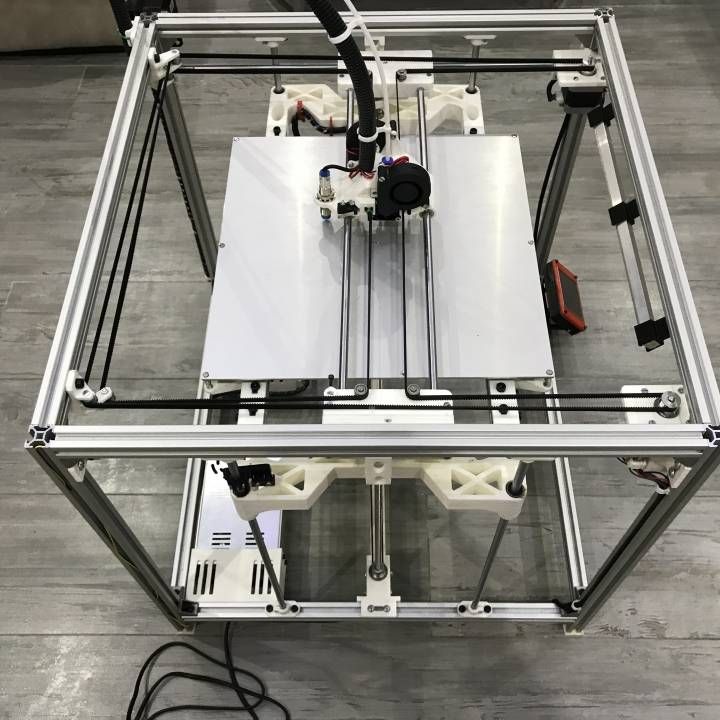 However, many manufacturers of additive devices, having sensed the trend, began to offer their own versions of such industrial and professional solutions with large dimensions of the working area. One of these companies is the Chinese brand IEMAI, which offers a whole line of such devices, for example, the YM NT-750 model, which we will talk about in this video review. nine0005
However, many manufacturers of additive devices, having sensed the trend, began to offer their own versions of such industrial and professional solutions with large dimensions of the working area. One of these companies is the Chinese brand IEMAI, which offers a whole line of such devices, for example, the YM NT-750 model, which we will talk about in this video review. nine0005
To purchase 3D printers, other CNC or 3D equipment and consumables, ask your question, or make an offer, you can contact us:
By phone: 8(800)775-86-69
E-mail :[email protected]
Or on our website: https://3dtool.ru/
Article comments nine0005
More interesting articles
2
Subscribe to the author
Subscribe
Don't want
In this material, we will figure out what kind of new budget 3D printer Elegoo has released.